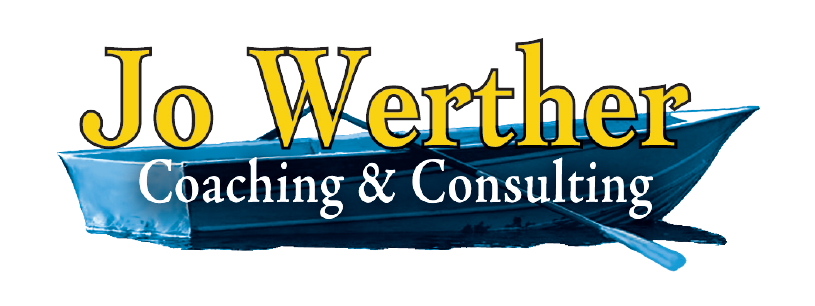 Human beings are nothing if not creatures of habit.
Human beings are nothing if not creatures of habit.
And the good, the bad, and the ugly of habits, just the fact of them, is that they are both easy to make and hard to break. A habit is simply something we’ve done enough times to have it be automatic, requiring no thought or conscious intention. As human beings, we have habits of body (which arm do you put into your coat first?) and of mind (what’s the first thing you think when, for instance, you can’t find your car keys?).
There’s a lot to say about habits, but the most important one is that in order to break them, we have to become aware of them.
Awareness is key to The New Plan A. And raising awareness requires practice, a certain kind of paying attention to ourselves, body and mind, in a new way. So, back to the breath, because breath is the most reliable call into the present moment. What thoughts are you experiencing right now? What body sensations? Take the three (or one, or five, or however many you need) breaths we’ve been talking about and then, once you’re a little more grounded, see if you can “inventory” your awareness. See what you find when you “look” at your body (sensations) and your mind (thoughts and feelings). This kind of noticing helps us step back and observe ourselves, and this is how we raise our awareness. It entails cultivating a kind of non-judgmental stance, not unlike a scientist observing some phenomenon or other and taking notes, just noticing, without commentary or preference, the thing being observed. It also entails a certain kind of acceptance of the thing (sensation, thought, feeling) just as it is. Thoughts are just thoughts; they aren’t always “true” in any objective sense; and, as odd as it may sound, we can choose to have different ones if we want to.
It’s about whether we see the glass as half-full or half-empty. And remember: objectively, it’s both.
We can decide which way we’re going to see it. Easier said than done, absolutely. Sometimes we can’t help seeing the empty part and feeling bad about it; but sometimes we can, and wouldn’t it be nice to be less at the mercy of emptiness at least some of the time? But first we’ve got to become aware of what we’re telling ourselves about whatever is happening at any given time. This is a kind of mindfulness practice, and it takes practice to make it a habit. Its benefits are innumerable. Why not try it right now?
